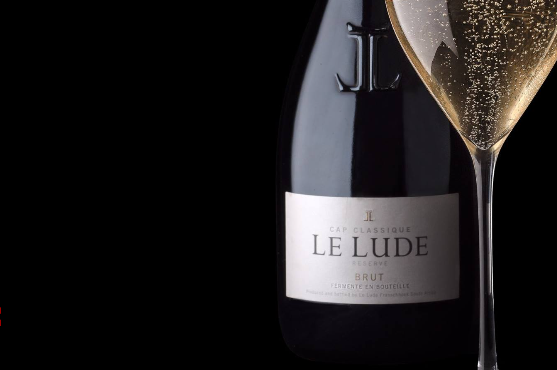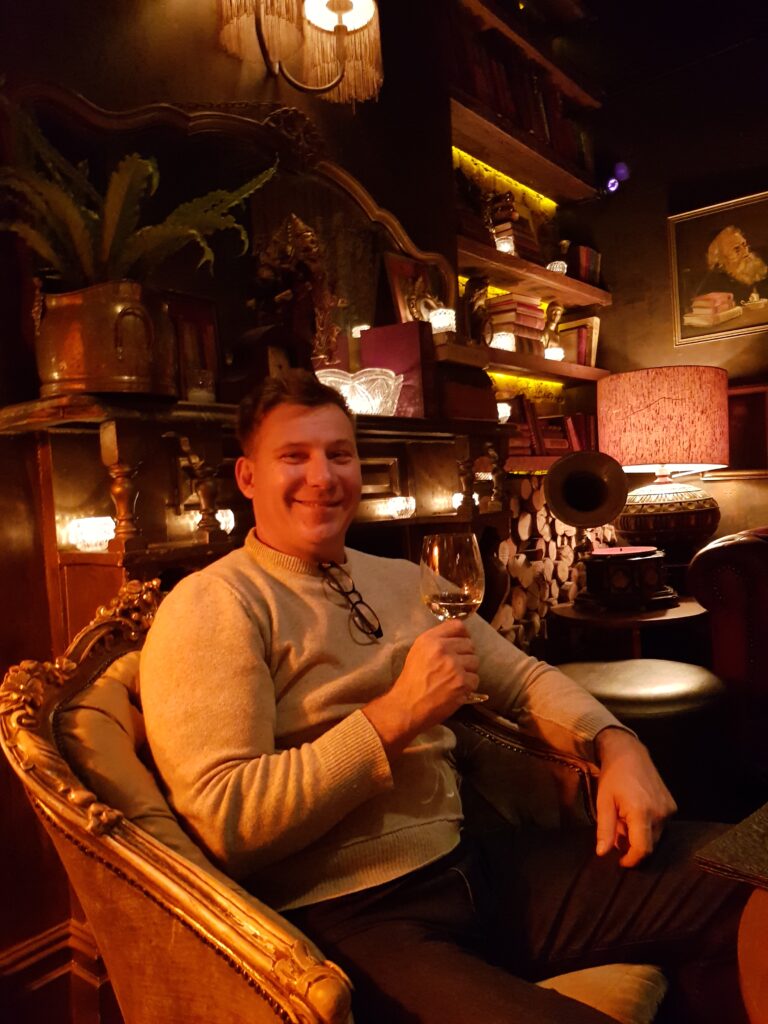One of life’s great pleasures is good food and great wine. The anticipation of visiting a favorite restaurant often brings butterflies to my stomach and placing an excellent bottle of Method Cap Classique(MCC) on ice gives me goose bumps.
I can’t image how boring life would be without wine farms to visit and seasonal menus to sample.
When asked which is my beverage of choice the answer doesn’t require much thought. Ok, perhaps if you ask me on a hot day while standing over a scorching braai I might say an ice cold lager or when eating a perfectly prepared and rare rack of lamb I might say a Pinot Noir. But, by and large, it will be a glass of perfectly chilled MCC or Champagne.
As much as I enjoy a tipple I am by no means an expert on hard beverages. I enjoy doing research and tasting but my palette is not very well refined except so far as I know what I like and enjoy.
Apparently South African MCC is not as good as French Champagne. Well I disagree. Sure there are some MCC’s that re pretty basic but take the best of SA’s MCC and compare it to good French bubbly and they are simply different but equally appetizing.
The difference of course will stem from the terroir and, in some cases, the cultivars.
Le Lude of Franschhoek
One South African Cap Classique that outclasses most other MCC’s and many Champagnes are those produced by Le Lude in Franschhoek.
Le Lude is a family owned wine farm that specializes in crafting naturally bottle-fermented Cap Classique.
Their range of MCC wines are only made from Chardonnay, Pinot Noir and Pinot Meunier. It is these same cultivars that are used to produce the world’s top Champagnes. Of course the terroir of Franschhoek is world renowned for fine wine making too.
Le Lude’s custom-built winery is also one of the few cellars in South Africa exclusively used for making Cap Classique.
I was lucky enough to meet Francois Joubert, the wine maker at Le Lude, at a wine and bubbly festival at Bridge Street Brewery in Port Elizabeth in 2022 and he explained why Le Lude is rather exclusive.
Francois said that the entire process is meticulous. The grapes are hand-picked during the cool early-morning for optimum freshness and the bunches are pressed whole with only the first pressing of juice, the cuvee, used in the making of the base wines.
Once bottled, the bottles ferment and mature horizontally in their cellars for a minimum of twelve months. What is of particular significance with Le Lude is that the Agrafe method is used for sealing the bottles.
This means is that during this time under bottle-fermentation a natural cork is used to seal the bottle instead of the more widely-used steel crown-cap. The Agrafe method generally results in a product that is more developed with multi-layered character.
The wine lies on the flavor imparting lees and it is in this process that the sugar is converted to alcohol creating the millions of tiny bubbles that make MCC different to wine.
He added that after riddling and disgorging they are left to mature on the cork for some time to ensure integration and balance.
I sampled their Brut NV, Brut Rose and Vintage Cuvee 2013. Le Lude had some stiff competition at this event but my palate found them to be the favorite of the day.
I wish I had kept more detailed tasting notes but what I can say is that despite the sensory overload of going from one stall to another Le Lude stood head and shoulders above the others.



